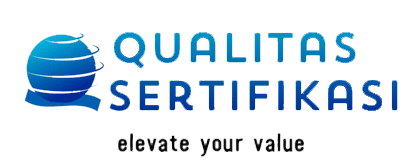Navigating the Diverse Market of ISCC Certification: Part Two
Hi, Qualizer! In our previous article, we explored the diverse market categories covered by the International Sustainability and Carbon Certification (ISCC), emphasizing its role in promoting responsible practices across various industries, from Circular & Bio Economy to Feedstocks. Continuing our journey through ISCC's certification landscape, let's delve into other crucial sectors: Sustainable Road Transport Fuels and Sustainable Marine Fuels, and Food & Feed.
Sustainable Road Transport Fuels
Sustainable Road Transport Fuels refer to fuels used in road vehicles that meet specific sustainability criteria. These criteria ensure that the production and use of these fuels have minimal environmental impact and contribute to reducing greenhouse gas emissions.
In the legal context, the European Commission (EC) has set sustainability requirements for the production of road transport fuels. These requirements are outlined in the Renewable Energy Directive (RED) and the Fuel Quality Directive (FQD). The focus is on both bio-based feedstocks and waste and residues as sources for sustainable fuels.
The covered fuels include:
- Biofuels: These are liquid fuels produced from bio-based feedstocks (such as vegetable oils, animal fats, or algae).
- Biogas/Biomethane: Gaseous fuels produced from organic materials (e.g., agricultural residues, sewage, or organic waste).
- Renewable Fuels of Non-Biological Origin (RFNBO): These include fuels like hydrogen and its derivatives, which can be produced sustainably.
- Recycled Carbon Fuels: Fuels derived from recycled carbon sources (e.g., carbon capture and utilization).
The ISCC certification provides certification for sustainable fuels through schemes like ISCC EU and ISCC PLUS. Companies such as Primagaz France (which produces ISCC-certified biopropane) and Argent Energy (which converts fatbergs into biodiesel) exemplify the use of sustainable fuels.
Sustainable Marine Fuels
Shipping goods globally is essential, and maritime transport remains the least carbon-intensive way to move goods compared to road and aviation. However, the shipping industry still contributes significantly to greenhouse gas emissions. As global demand for raw materials and finished products continues to rise, the maritime sector must undergo transformation to align with the European Union’s ambitious goal of becoming a climate-neutral economy by 2050.
Types of Sustainable Marine Fuels Covered Under ISCC Certification:
- Biofuels: These liquid fuels are produced from bio-based feedstocks specifically for the transport sector. They offer a renewable alternative to conventional fossil fuels.
- Renewable Fuels of Non-Biological Origin (RFNBO): These sustainable fuels are not derived from biological sources. They include options like synthetic fuels produced through renewable energy-powered processes.
- Recycled Carbon Fuels: These fuels are produced from recycled carbon sources, such as waste materials or captured carbon dioxide.
The maritime sector currently relies heavily on fossil fuels, especially heavy fuel oil. While Liquefied Natural Gas (LNG) serves as an alternative fuel available today, its carbon intensity limits its widespread use in the bunker fuel mix for 2050. Furthermore, the European Commission’s “Fit for 55” package aims to reduce net greenhouse gas emissions by at least 55% by 2030. As part of this effort, the proposed “FuelEU Maritime” regulation, expected to come into force by 2025, incentivizes the adoption of low-carbon maritime fuels.
Food & Feed
In the food and feed industry, the ISCC certification is increasingly being used for sustainability certification. The ISCC PLUS is used for an increasing number of products in the food industry, which means that the ISCC on-product logo and corresponding consumer claims are appearing on more and more products in grocery stores.
The ISCC PLUS provides assurance that the mills, bakeries, and farmers adhere to sustainability, traceability, and no-deforestation requirements. In addition to the core requirements, interested parties can choose from a set of voluntary add-ons, such as reducing GHG emissions, producing non-GMO, or reducing the usage of water, fuel, and electricity.
In addition to the core requirements, interested parties can choose from a set of voluntary add-ons, such as reducing GHG emissions, producing non-GMO, or reducing the usage of water, fuel, and electricity. There are several examples of ISCC certified products, including soft wheat by Barilla, corn-based sweeteners by Hungrana, rum by Botran, sugar cane by Pantaleon, and shea by AAK. The ISCC also offers a standard for the sole certification of non-genetically modified materials and products.
As we conclude our exploration into the diverse market categories covered by the ISCC, it becomes increasingly evident that ISCC stands at the forefront of promoting responsible practices across various industries. In this continuation of our journey through ISCC's certification landscape, we delved into Sustainable Road Transport Fuels, Sustainable Marine Fuels, and Food & Feed, unveiling the pivotal role of certification in driving sustainability and mitigating environmental impact.
Interested in learning more about ISCC and how it can benefit your business? Visit our
website for detailed information or
contact us for personalized assistance from our team. See you again,
Qualizer!
Recent posts
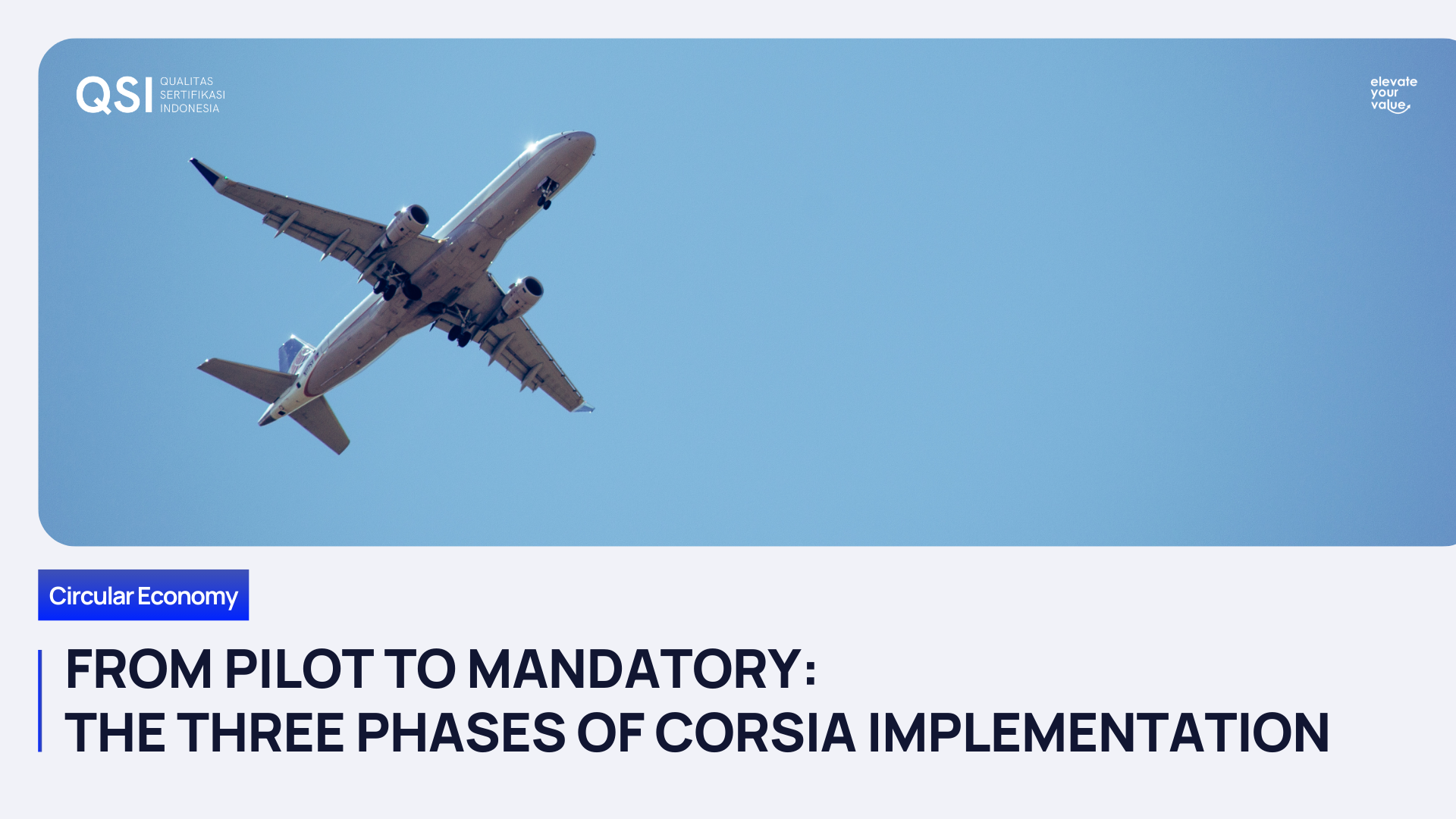
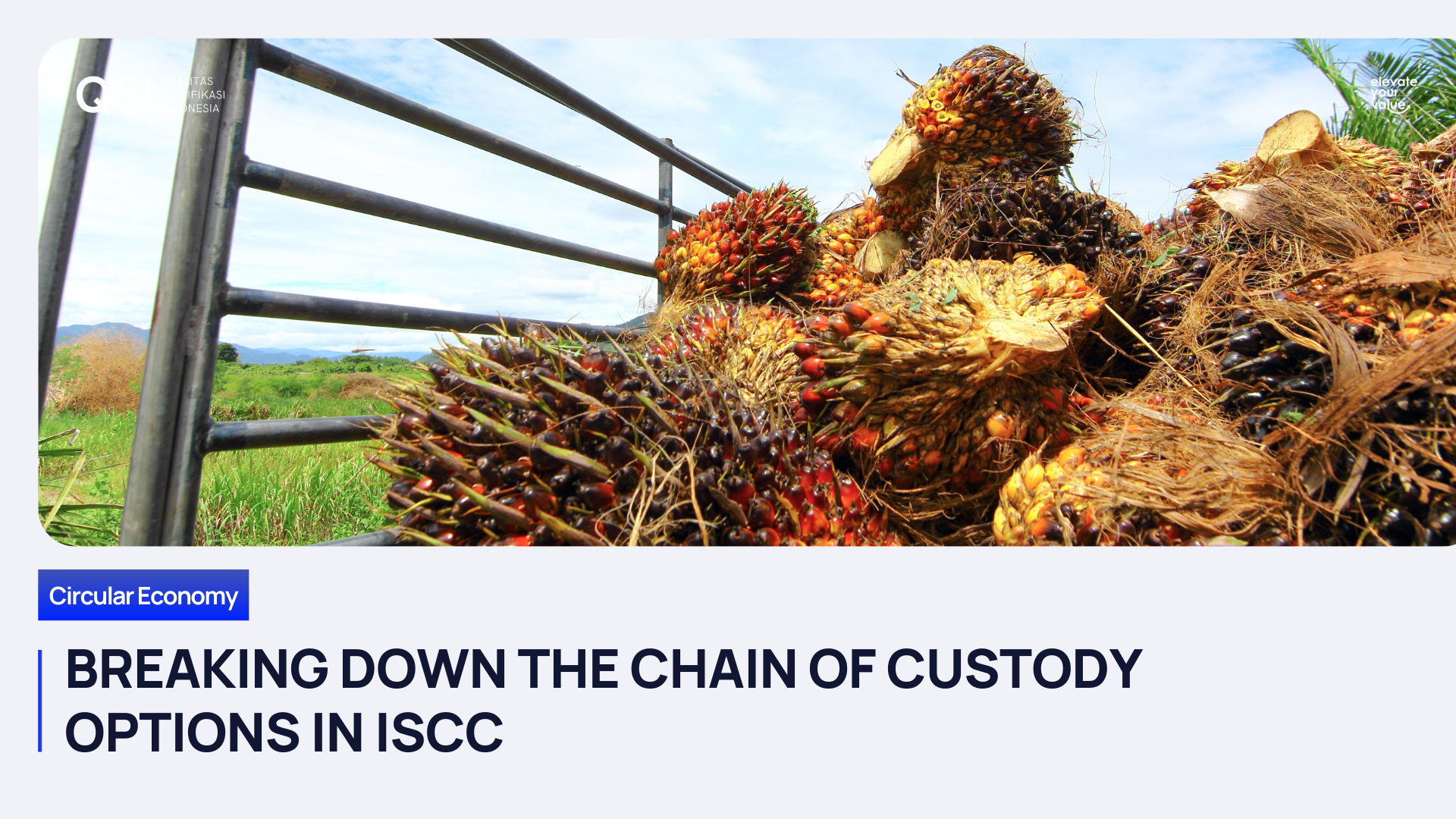
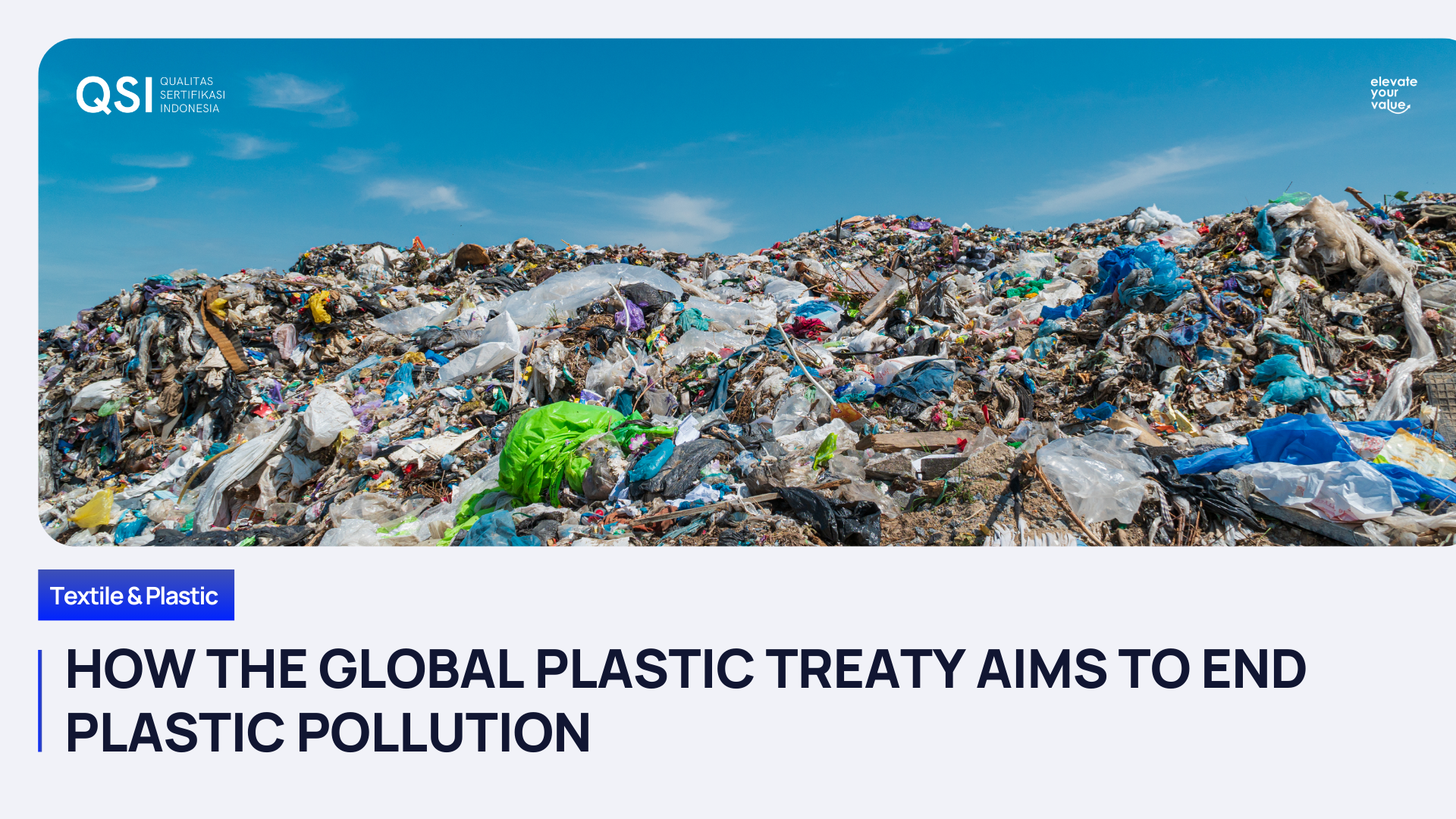
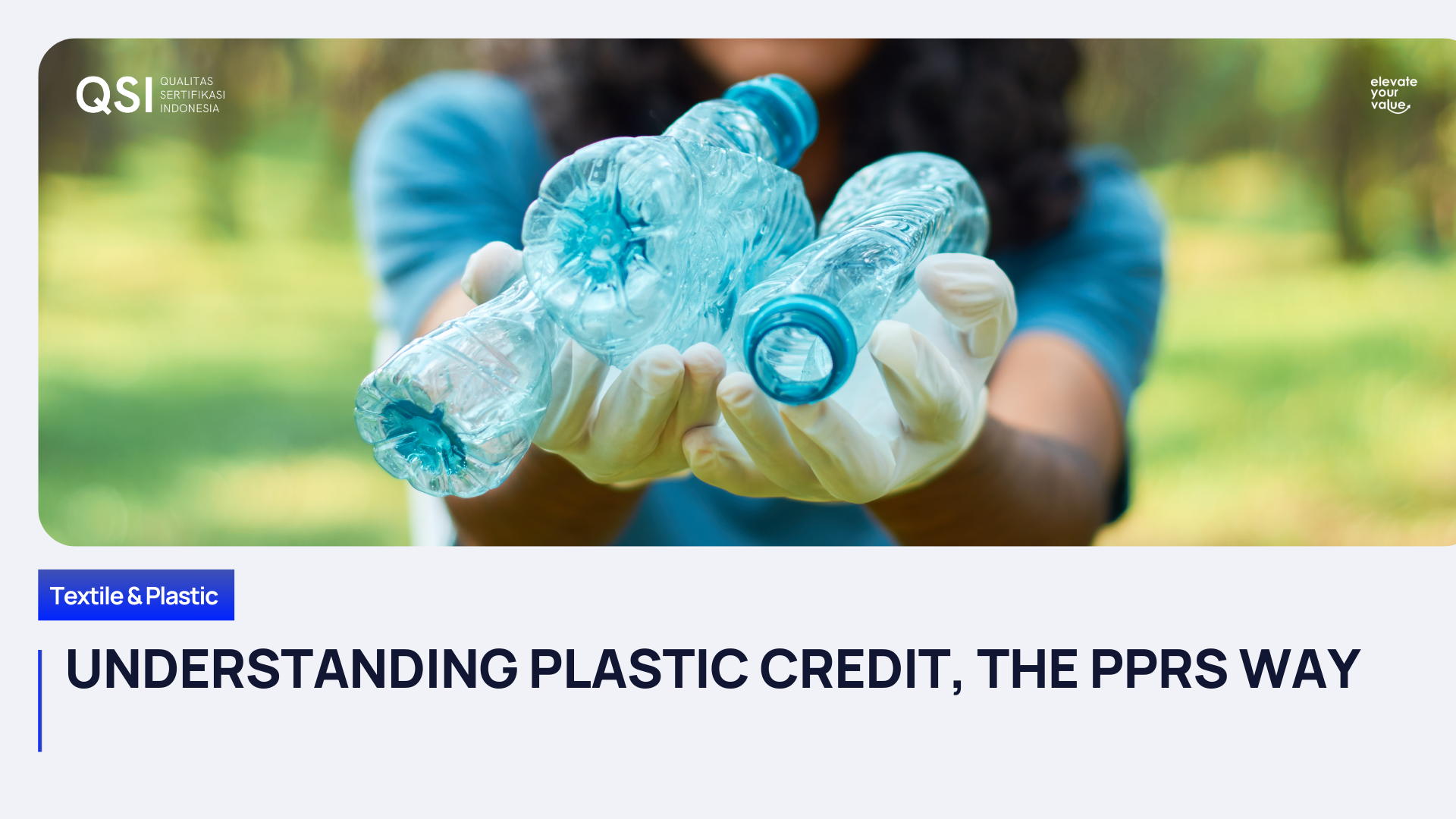
Drop us a line
Contact Us
We will get back to you as soon as possible.
Please try again later.
Share



General Inquiries
Phone
+62 21 2949 1946
Headquarter
The CEO Building, Level 12th
Jl. TB Simatupang No. 18C
Cilandak Barat, Cilandak
Jakarta Selatan, DKI Jakarta 12430
Indonesia
Operational
Menara Sun Life, 7th Floor
Jl. Dr. Ide Anak Agung Gde Agung Blok 6.3
Kuningan Timur, Setiabudi
Jakarta Selatan, DKI Jakarta 12950
Indonesia
Programs
Quick Links
Qualitas Sertifikasi Indonesia
PT Qualitas Sertifikasi Indonesia
